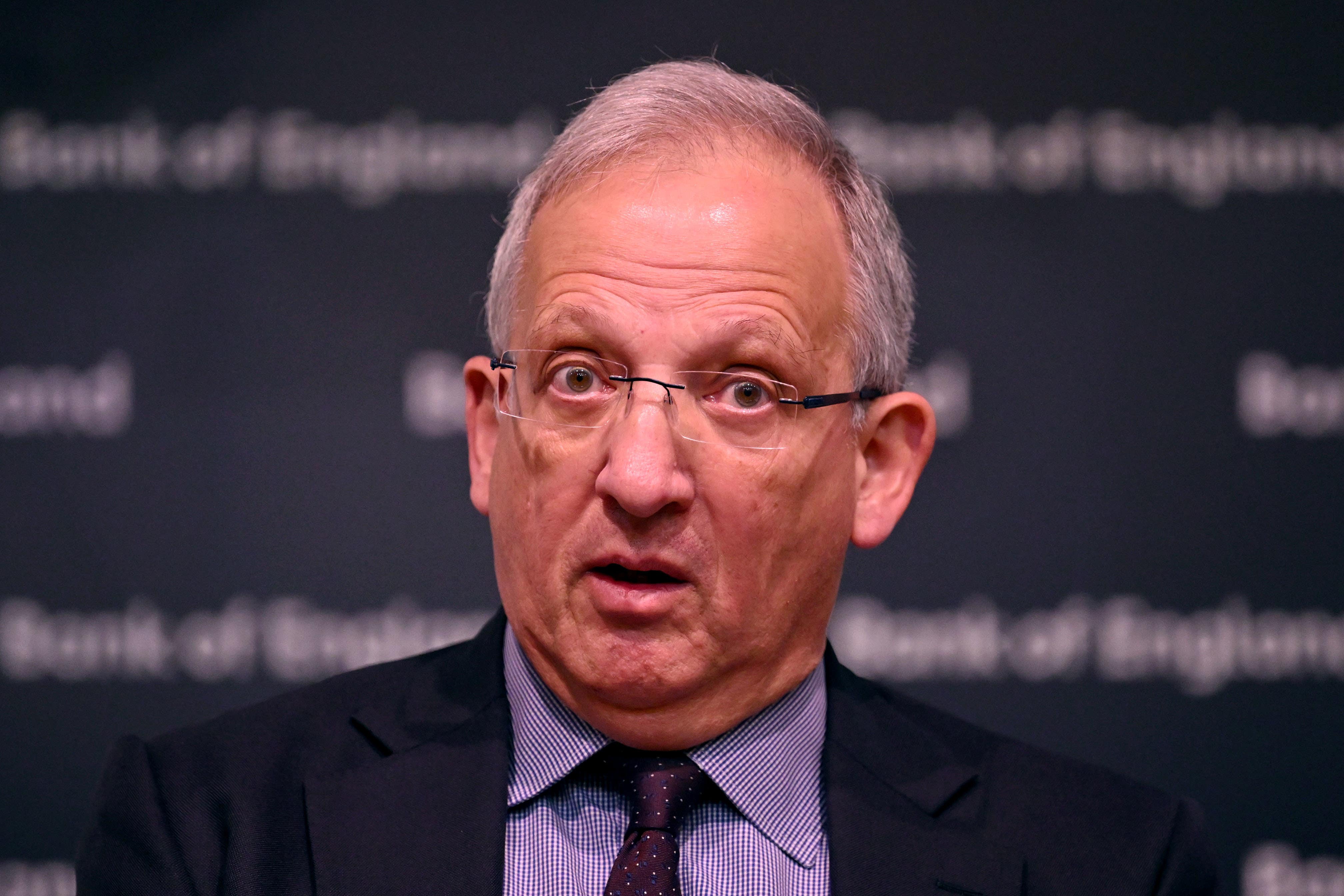Britons would initially be limited to £20,000 of digital pound – Bank of England
The Bank and Treasury have opened a four-month consultation process into the potential launch of a digital currency.

Britons would be limited to holding a maximum of £20,000 of digital currency if the Bank of England and Treasury push ahead with proposals for a digital pound, the Bank’s deputy governor has said.
The Government said late on Monday that the digital pound is “likely” to be needed in the future as it started a formal consultation process.
The Bank and Treasury opened a four-month consultation process and will then push ahead with designs for the potential central bank digital currency (CBDC).
A firm decision on whether a digital pound will be launched will take place in 2025 at the earliest.
Sir Jon Cunliffe, deputy governor of the Bank of England, said on Tuesday that a limit will initially be set, if the digital currency gets the go-ahead, to manage risks but ensure it is accessible.
“We propose a limit of between £10,000 and £20,000 per individual as the appropriate balance between managing risks and supporting wide usability of the digital pound,” he said in speech to UK Finance.
“A limit of £10,000 would mean that three quarters of people could receive their pay in digital pounds, while a £20,000 limit would allow almost everyone to receive their pay in digital pounds, keeping outflows from the banking system broadly within the assumptions set out in the Bank’s earlier modelling work.”
Sir Jon also said that the potential digital currency could “complement existing financial inclusion initiatives” such as helping people make payments offline or improve cross-border payments.
Treasury minister Andrew Griffith stressed on Tuesday afternoon that a digital pound would be a “digital counterpart to familiar trusted banknotes and coins and subject to rigorous standards of privacy and data protection”.
He said the experience of using a digital pound “would be very similar to using other forms of digital money”.
He said: “I want to be clear that the Government is legislating to protect access to cash and ensuring that the UK’s cash infrastructure remains sustainable long term.
“So as part of a wider landscape of money and payments it would sit alongside and not replace cash.”
Bookmark popover
Removed from bookmarks